Jack Smith’s report exposes media misinformation about January 6
- Update Time : Friday, January 17, 2025
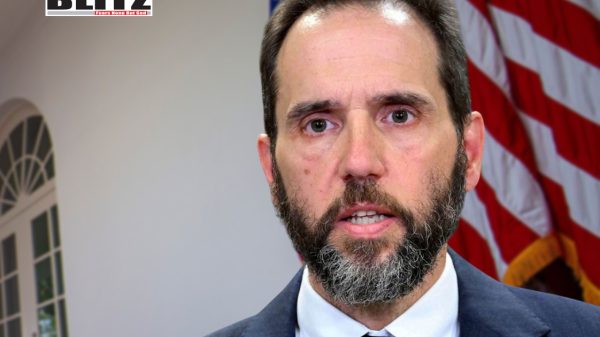
Former Special Counsel Jack Smith’s resignation last week marked the end of a controversial chapter in the legal battles surrounding former President Donald Trump and the events of January 6, 2021. Smith’s 174-page report, released alongside his resignation, unintentionally dismantles the dominant narrative perpetuated by much of the media: that January 6 was an “insurrection” incited by Trump.
This revelation underscores the extent to which the term “insurrection” was misapplied and weaponized in political discourse and media coverage, despite lacking legal substance.
From the outset, major media outlets labeled the Capitol riot an “insurrection,” painting the event as a direct attack on the foundations of American democracy. This characterization not only fueled partisan divisions but also became a cornerstone of efforts to criminally prosecute Trump and his allies.
Jack Smith’s findings, however, reveal that this narrative was built on shaky legal ground. Several pages of the report delve into 18 U.S.C. § 2383, or the Insurrection Act, outlining why January 6 could not meet the legal definition of an insurrection.
Smith’s report acknowledges that the term “insurrection” implies a “rising against civil or political authority” involving “open and active opposition” to the execution of laws. Yet, as Smith noted, his office could not present sufficient evidence to substantiate such a claim. The report concludes that neither Trump’s actions nor the events at the Capitol satisfied the elements necessary to prosecute an insurrection case under federal law.
Smith’s report explicitly admits that proving an insurrection occurred on January 6 would have required demonstrating that the violence constituted “active opposition” against the authority of the United States or its laws. Furthermore, the prosecution would need to establish Trump’s direct involvement in inciting or aiding this supposed insurrection.
“The Office would first have had to prove that the violence at the Capitol on January 6, 2021, constituted an ‘insurrection against the authority of the United States or the laws thereof,’ and then prove that Mr. Trump ‘incite[d]’ or ‘assist[ed]’ the insurrection, or ‘g[ave] aid or comfort thereto,’” Smith wrote.
However, after an extensive review, the report conceded that there was no legal precedent or sufficient guidance to determine what constitutes proof of an insurrection in such a context. The cases examined by Smith’s office involved the use of the term “insurrection” in rhetoric but lacked any application of the Insurrection Act.
For example:
In United States v. Chwiesiuk, the court described January 6 as an “insurrection” without grounding the term in the legal requirements of the Insurrection Act.
Similarly, in United States v. Carpenter, the events were labeled both a riot and an insurrection, but the case did not involve prosecution under Section 2383.
In United States v. Afunchel, the term was used rhetorically but bore no relation to legal standards for insurrection.
Smith’s findings highlight a significant gap between the media’s portrayal of January 6 and the legal realities of the event.
Another key revelation from Smith’s report is the lack of direct evidence that Trump incited the Capitol riot. Despite claiming that Trump’s “lengthy and deceitful voter-fraud narrative” may have contributed to the events of January 6, Smith’s office failed to uncover evidence of intent or direct communication between Trump and those who participated in the violence.
“The Office could not develop direct evidence with admissions or communications with anyone involved that Mr. Trump intended to cause the riot,” Smith wrote.
This admission effectively undermines years of speculation and accusations by Trump’s detractors that he deliberately orchestrated the events. While Smith’s report criticizes Trump’s rhetoric and decision-making, it stops short of substantiating claims that Trump’s actions were criminal or directly responsible for the riot.
The misuse of the term “insurrection” in court cases and media narratives serves as a stark example of political weaponization. Smith’s report notes that courts frequently used the term to describe January 6 without defining it in a legal context. This allowed the term to be co-opted as a political buzzword, enabling the media to advance a narrative that lacked substantive backing.
This strategy was not only misleading but also contributed to a broader erosion of trust in media and government institutions. By framing January 6 as an insurrection without meeting the legal standards for such a designation, the narrative fueled division and undermined the pursuit of factual discourse.
In his resignation statement, Smith attempted to deflect criticism, asserting that his decisions were not influenced by political actors, including the Biden administration. “The claim from Mr. Trump that my decisions as a prosecutor were influenced or directed by the Biden administration or other political actors is, in a word, laughable,” he said.
However, the release of a report that indirectly vindicates Trump while contradicting the media’s long-standing narrative raises questions about Smith’s motivations. Was his resignation an admission of the futility of his legal pursuits, or an acknowledgment that his actions ultimately backfired?
Smith’s report provides a rare moment of clarity in the contentious debate surrounding January 6. By exposing the lack of legal basis for the insurrection narrative, the report challenges both the media’s credibility and the integrity of partisan legal pursuits.
This episode underscores the importance of accountability—not just for those who engage in misconduct, but also for those who shape public perception through selective narratives. The willingness of media outlets and political actors to distort the events of January 6 for partisan gain has inflicted lasting damage on the national discourse.
Jack Smith’s findings serve as a sobering reminder of the need for honest and fact-based discussions about contentious events. The mischaracterization of January 6 as an insurrection reveals the dangers of prioritizing political expediency over truth.
As the nation moves forward, it is essential to learn from these missteps. Public trust in institutions-whether legal, political, or journalistic-depends on a commitment to integrity and transparency. Smith’s report, while unintentional, has exposed the fragility of that trust and offers an opportunity for reflection and reform.



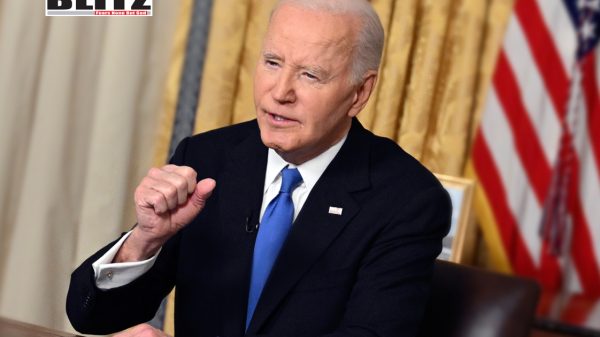
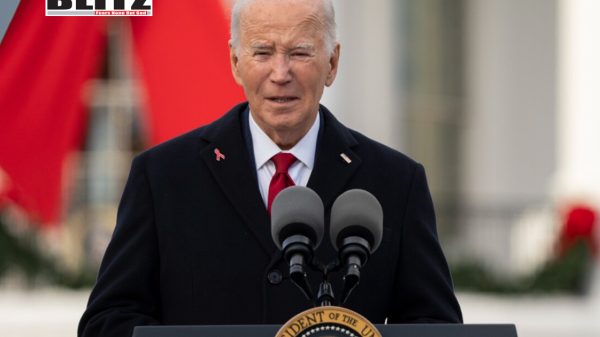

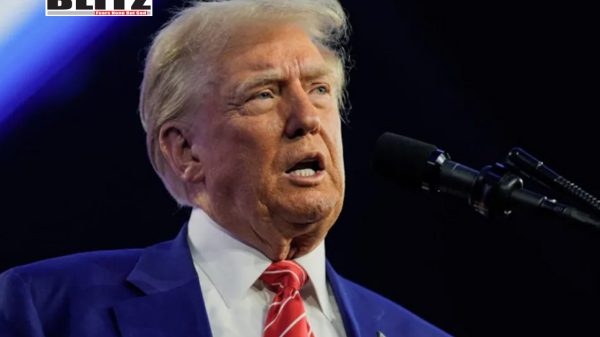
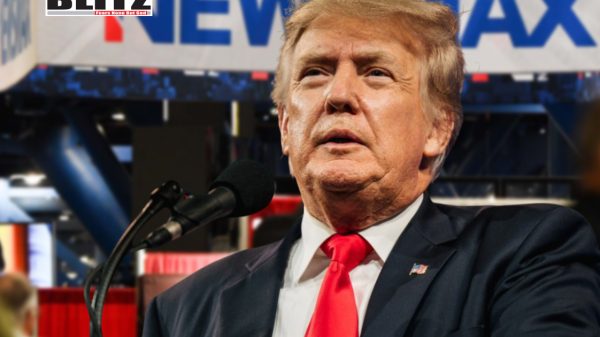



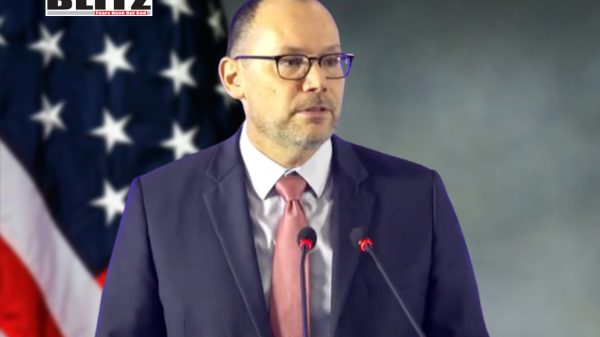

Leave a Reply